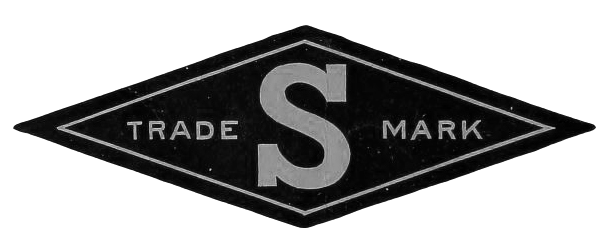
Women Texas Film Festival, the first full-fledged female-focused film festival in the state of Texas, has announced today that they have ceased operations with no plans for subsequent film festivals, having achieved many of its goals during its five-year run from 2016-2020.
The announcement follows an unexpected year of challenges in 2020 due to the pandemic which led to a virtual presentation approach for the film festival. That shift resulted in an unprecedented expansion of the film festival’s audience as the WTxFF films were seen by film fans throughout the entire state of Texas for the first time, as well as receiving increased press attention state-wide. That shift also allowed the film festival to put additional emphasis and focus on films, filmmakers, post-screening discussions, and in-depth panel expanded talks which was another key element that WTxFF was noted for.
However, the central governing trio behind the film festival the last few years all have increasingly found themselves in demand elsewhere. Founder and Artistic Director Justina Walford has recently accepted the position of Director of Programming at the celebrated Oxford Film Festival for 2022, as well as becoming the managing editor of FilmsGoneWild.com, and developing her second feature film as a screenwriter following 2015’s THE LADIES OF THE HOUSE. Former Board member and Development Director Lisa Normand has a full slate of film projects in development under the Terraform Films banner she shares with producing partner Jeff Walker. Terraform Films has several features and shorts in development, and their most recent projects have been selected for screening at Tribeca and SXSW. Board Secretary and Festival Producer Stacy Gipe Thiele continues to work on outside projects involving both film and other interests.
Walford said, “From the beginning of WTxFF, I said that we would only do the film festival as long as we saw a need for it. While there is still much work to be done to give a platform to the work of women directors, producers, writers, editors, directors of photography, and composers, we have seen much headway made during the past five years. Our goal was to show the range of the female storyteller, and to celebrate great and distinctive work in every genre, every style. WTxFF sought to achieve a place where the notion of gender behind the camera could take a backseat to the grit, emotion, and vision projected on the screen. And in a lot of ways, we saw that increasingly happen at our film festival.”
Walford’s curatorial vision immediately made a mark upon WTxFF’s debut in 2016 as the film festival quickly became noted for programming a selection of films that explored psychological, medical, and/or sociological issues, including documentaries, narrative, and genre films that took tough, uncompromising looks at subjects in this realm and then expanding on the conversations those films inspired in the post-screening Q&As/panels. Those panels frequently included state and local political representatives, as well as medical professionals sitting side-by-side with the filmmakers, discussing issues like unprocessed rape kits and the transition from prison to public life for female parolees, and medical issues that were addressed in the festival’s films.
Women Texas Film Festival also became a prominent home for LGBTQIA+ programming, filling a void in the Dallas/Fort Worth area as the film festival routinely didn’t simply program films about gay, lesbian and transgender subjects or themes, but would put those films front and center among the rest of the lineup offered.
WTxFF was also popular due to Opening Night red carpets that would feature both the festival’s attending filmmakers as well as prominent female filmmakers who made their home in Dallas/Fort Worth. The film festival’s thematic parties would connect audiences into the production style of its Opening Night Gala film selections, including a “Doughnuts and Disco” party for Rosemary Myers’ GIRL ASLEEP, a “Speakeasy” party to highlight the jazz themes found in Savannah Bloch’s AND THEN THERE WAS EVE, a party setting aping the quirky NYC apartment set in Amanda Kramer’s PARIS WINDOW, and a pastel-colored social zone with a never-ending cereal breakfast bar and nooks to replicate Emily Crohn’s CRSHD, as well as creating a local media sensation with a MAKE OUT PARTY which included a feminist kissing booth to celebrate Emily Esperanza’s film of the same name.
Since WTxFF’s inception, it has seen other female filmmaker-focused film festivals pop up in other locations in the state, as well as the transition/expansion of Women in Film Dallas’ Flicks for Chicks evening of films into the Topaz Film Festival.

